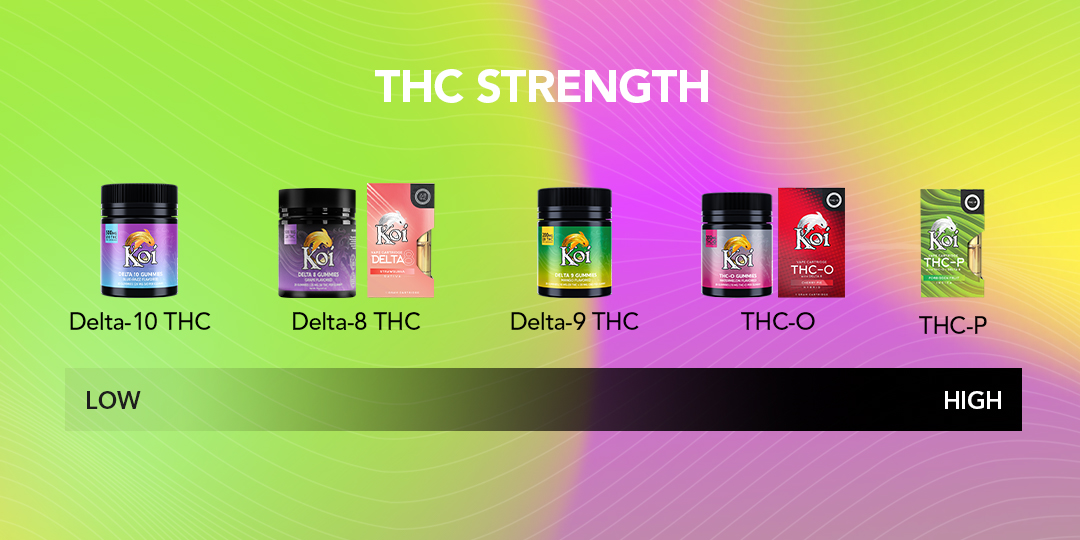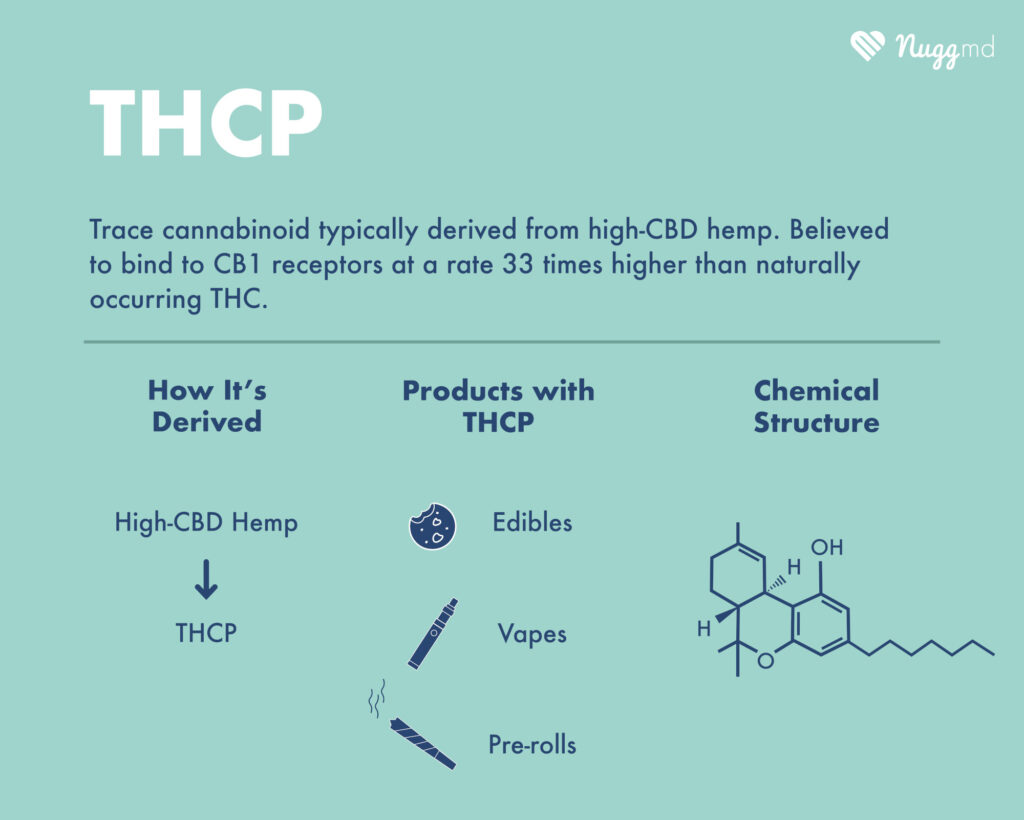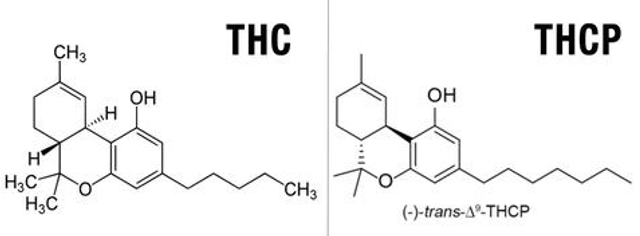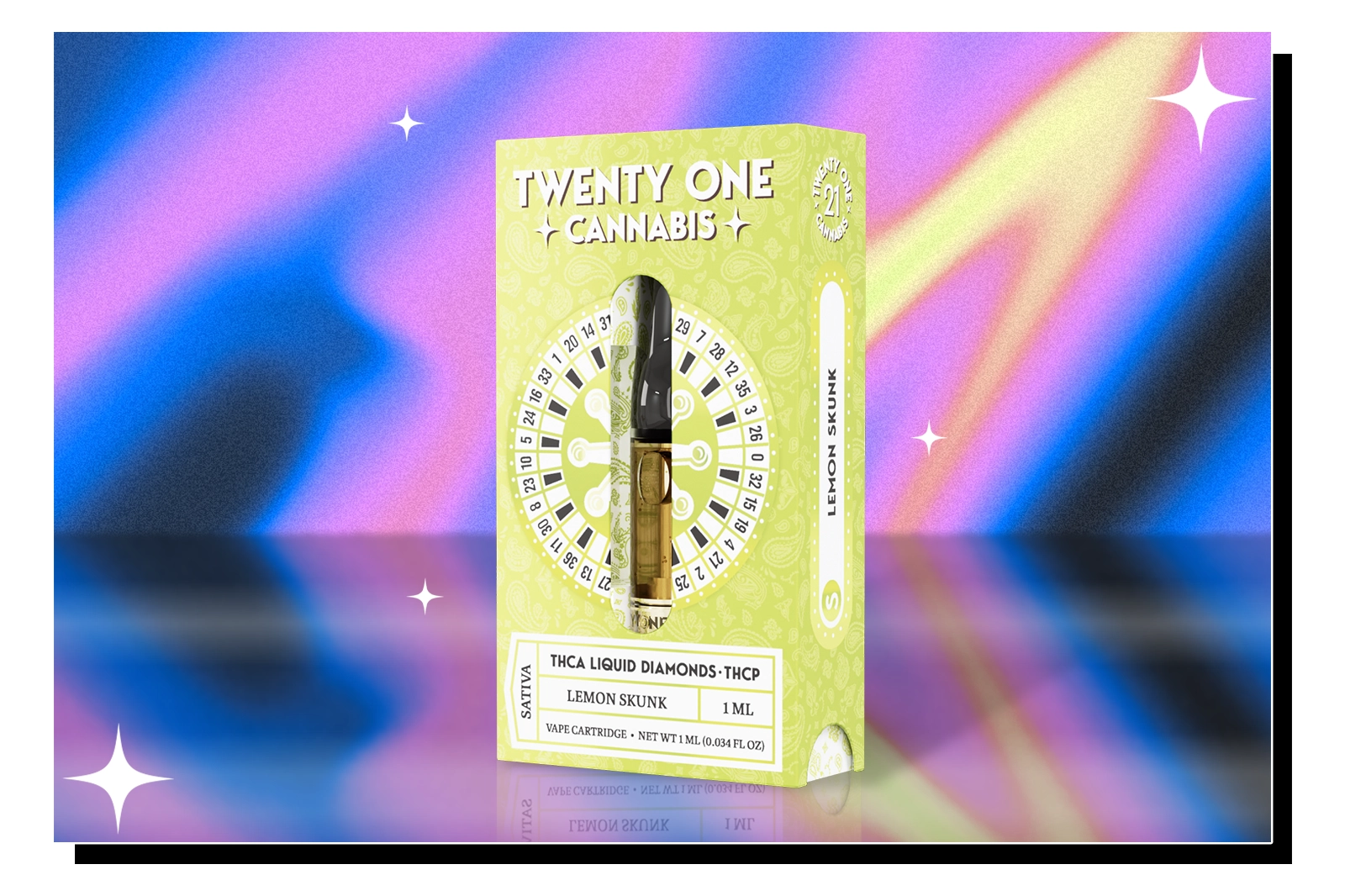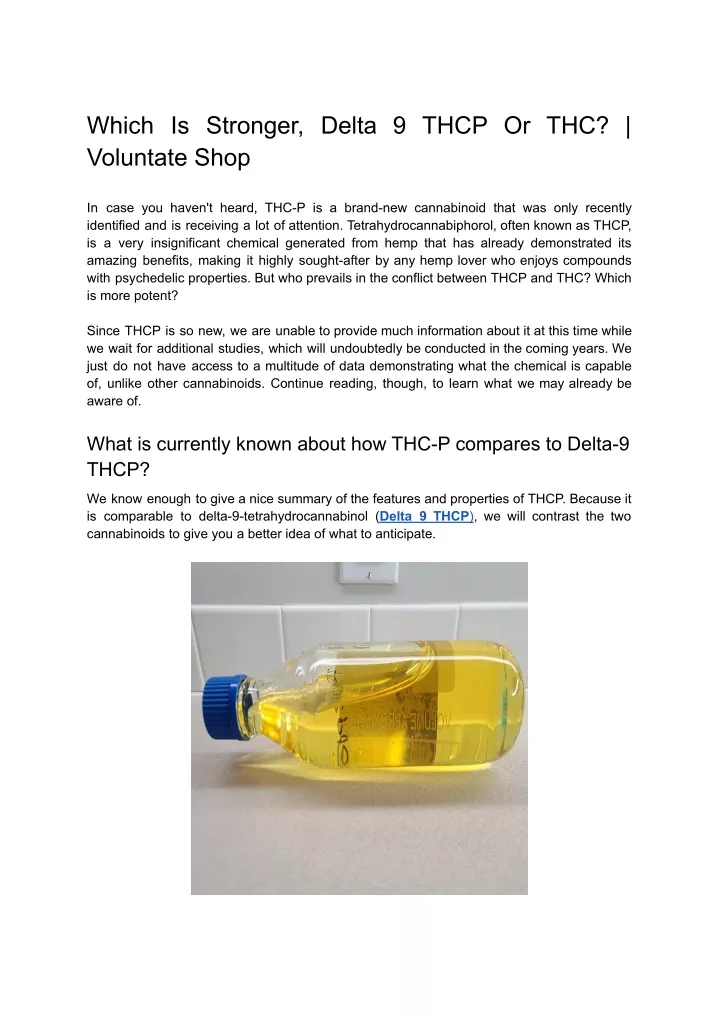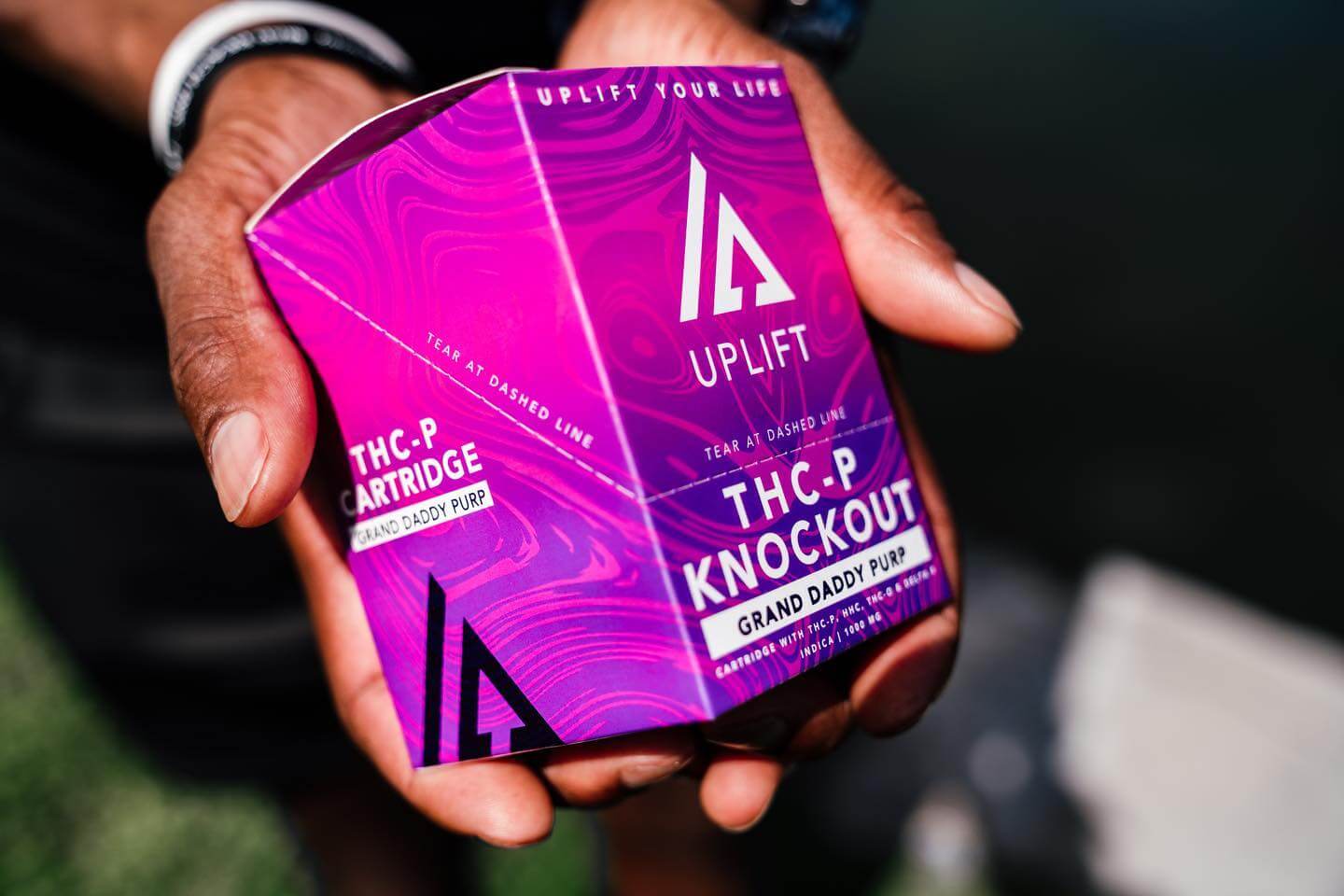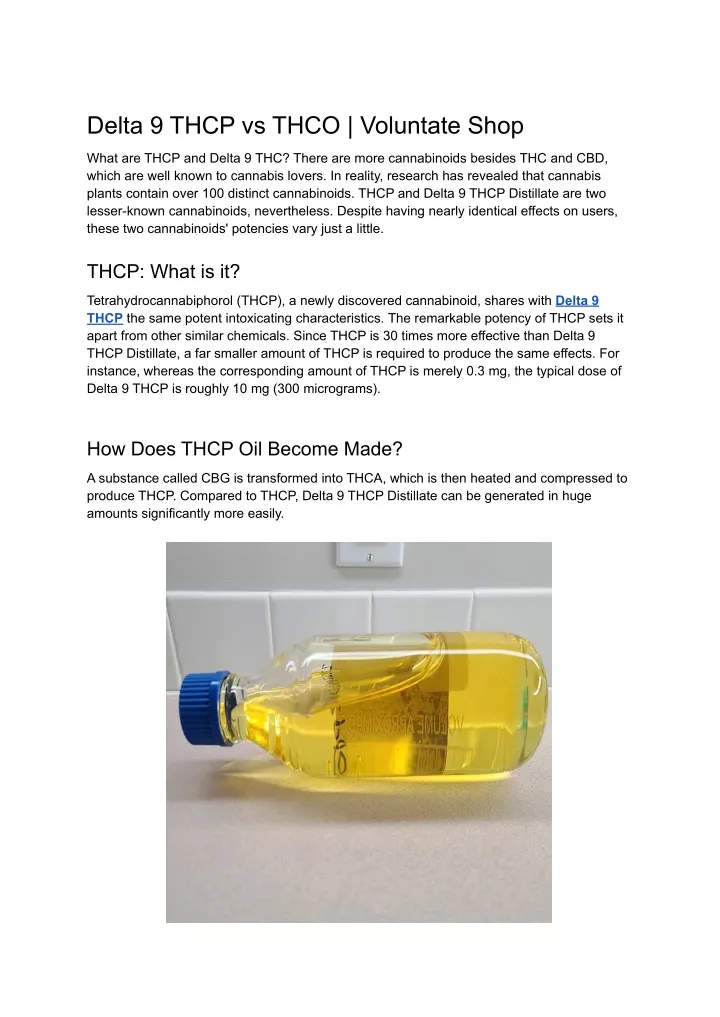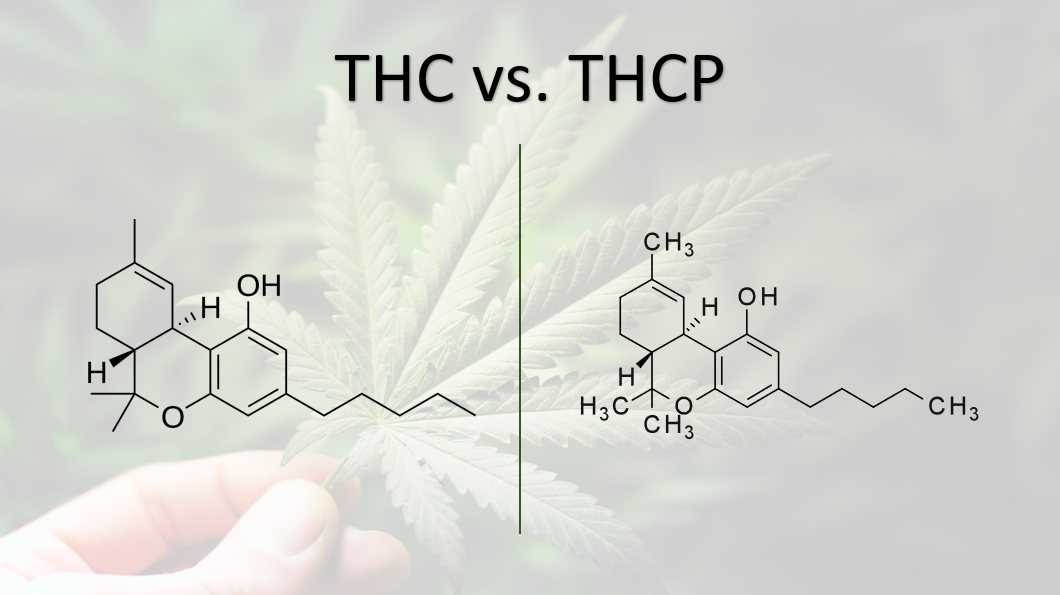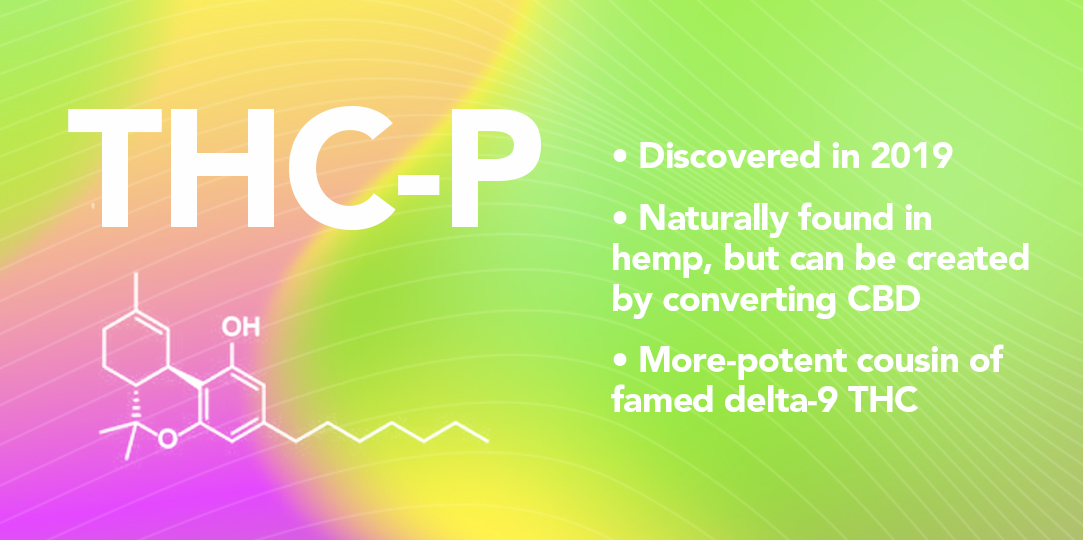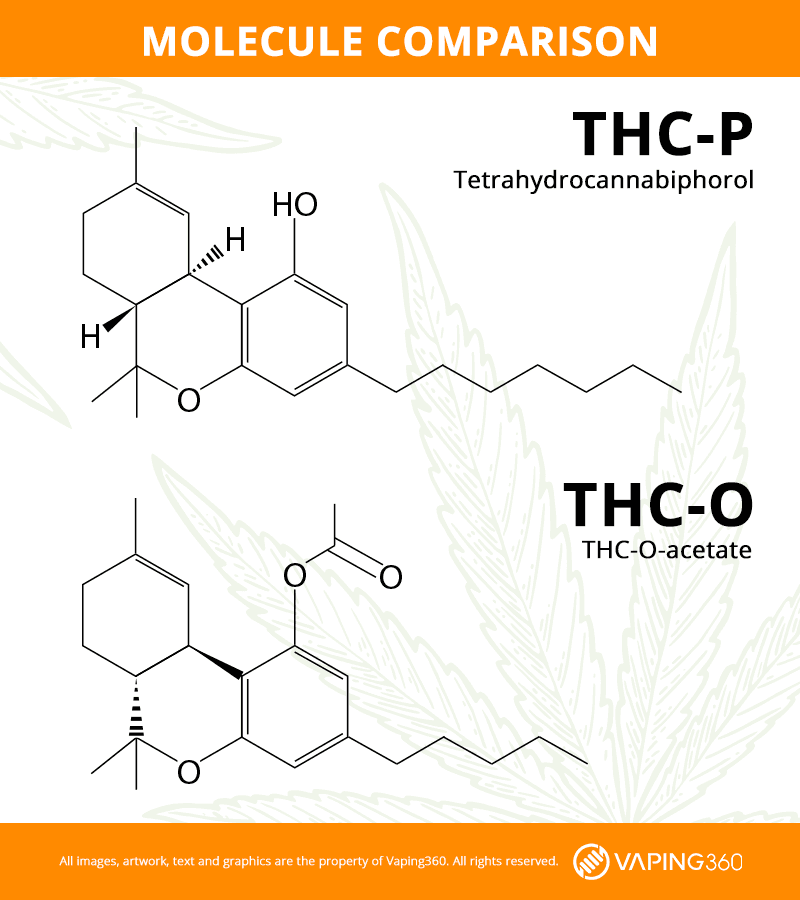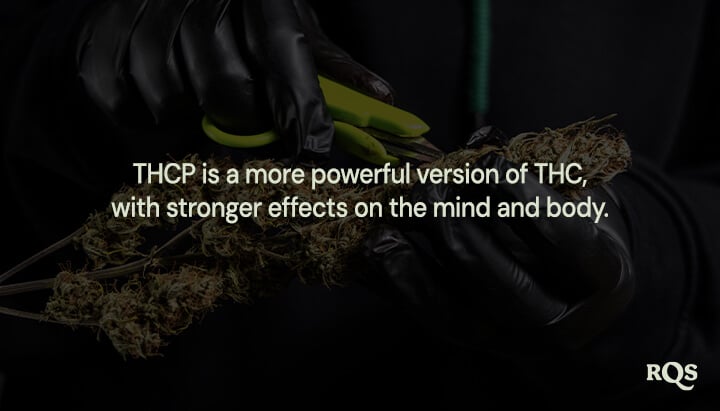Is Thcp Stronger Than Delta 9
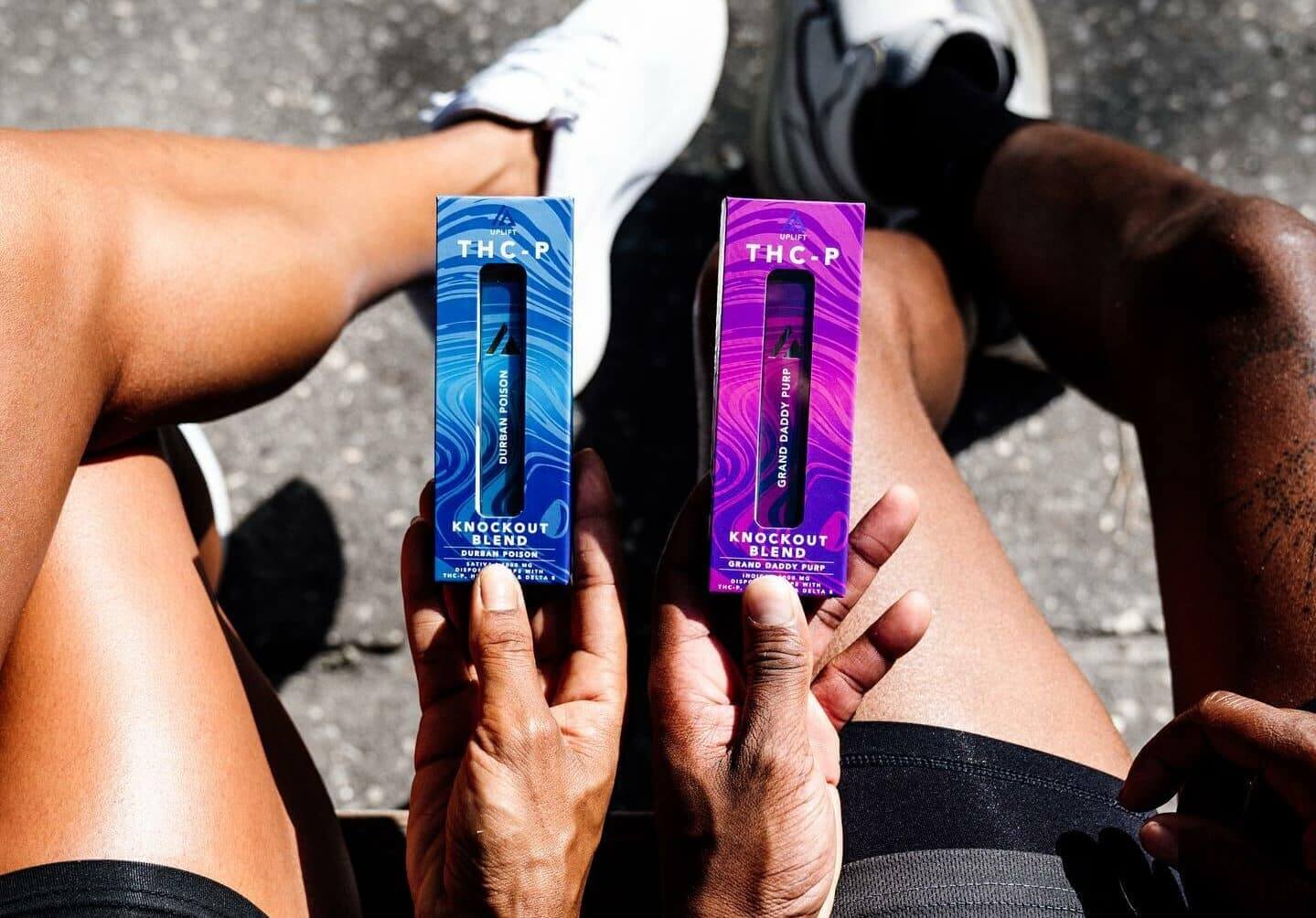
The cannabis landscape is rapidly evolving, with new cannabinoids emerging and challenging our understanding of potency and effects. At the forefront of this shift is tetrahydrocannabiphorol, or THCP, a recently discovered compound sparking intense debate: Is it truly stronger than Delta 9 THC, the well-known psychoactive component of cannabis? The answer isn't straightforward, and the implications could reshape cannabis regulation, consumer safety, and future research.
This article delves into the science behind THCP, comparing its properties to those of Delta 9 THC. We will examine available research, explore potential risks, and consider the perspectives of scientists and industry experts. Our goal is to provide a balanced and informative overview of the THCP vs. Delta 9 debate, helping readers understand this complex issue.
What is THCP?
THCP was first identified in 2019 by a team of Italian researchers. This discovery immediately garnered attention because of its unique molecular structure. Specifically, THCP possesses a longer alkyl side chain – seven carbon atoms compared to Delta 9 THC's five.
This seemingly small difference has a significant impact on its binding affinity to the body's CB1 receptors. These receptors are primarily responsible for the psychoactive effects of cannabinoids. The increased binding affinity suggests that THCP could be significantly more potent than Delta 9 THC.
THCP vs. Delta 9: Potency and Effects
Initial studies suggested that THCP binds to CB1 receptors up to 33 times more effectively than Delta 9 THC. This doesn't automatically translate to being 33 times stronger in terms of psychoactive effects. However, it does indicate a potentially much higher potency.
Anecdotal reports from users and preliminary research suggest that THCP can produce effects similar to Delta 9 THC, but at much lower doses. These effects include euphoria, relaxation, altered perception, and pain relief. The intensity of these effects can also be amplified.
It's crucial to remember that research on THCP is still limited. Most available information is based on small studies or anecdotal evidence. Further research is needed to fully understand the effects of THCP on the human body.
The Science Behind the Strength
The key to understanding THCP's potential potency lies in its chemical structure. The longer alkyl side chain allows it to bind more tightly to the CB1 receptors in the brain. This stronger binding affinity allows THCP to elicit a more significant response, even at lower concentrations.
Consider Delta 9 THC as a key that fits a lock (the CB1 receptor). THCP is like a key with a modified shape that fits the lock even more perfectly. This improved fit results in a stronger interaction and, consequently, a more pronounced effect.
However, the exact relationship between binding affinity and perceived psychoactive strength is not fully understood. Factors like individual metabolism, tolerance, and the presence of other cannabinoids can also influence the overall experience.
Potential Risks and Concerns
Given the potential for increased potency, the risks associated with THCP are a significant concern. Overconsumption could lead to more intense and potentially unpleasant side effects. These may include anxiety, paranoia, nausea, and impaired cognitive function.
The lack of extensive research also raises concerns about long-term health effects. Without thorough clinical trials, the potential risks of chronic THCP use remain largely unknown. This is particularly worrisome given the increasing availability of THCP products.
Furthermore, the unregulated nature of many THCP products poses an additional risk. Consumers may not be able to accurately assess the dosage or purity of the products they are using. This can lead to unintended consequences and potential health hazards.
Industry and Regulatory Perspectives
The emergence of THCP has created a complex situation for the cannabis industry and regulatory bodies. Some view THCP as a promising therapeutic agent, while others are concerned about its potential for misuse and harm.
Many states and countries are struggling to keep up with the rapidly evolving landscape of cannabinoids. Current regulations often fail to adequately address the unique challenges posed by compounds like THCP. This regulatory uncertainty creates confusion for consumers and challenges for businesses.
Dr. Emily Carter, a leading cannabis researcher, noted,
"We need more comprehensive research to fully understand the effects of THCP and its potential risks and benefits. Premature regulation could stifle innovation, but a lack of oversight could endanger public health."
The Future of THCP
The future of THCP remains uncertain, but one thing is clear: further research is essential. Scientists need to conduct more rigorous studies to fully understand its effects on the human body. This research should focus on both the potential therapeutic benefits and the potential risks associated with its use.
Regulatory bodies will also need to adapt to the changing landscape of cannabinoids. This may involve creating new categories of regulation or developing more sophisticated testing methods. The goal should be to protect public health while allowing for responsible innovation and access to potentially beneficial compounds.
Ultimately, the THCP vs. Delta 9 debate highlights the ongoing need for informed discussion and evidence-based decision-making. As new cannabinoids continue to emerge, a proactive and collaborative approach will be crucial to navigating the complexities of the cannabis industry.


